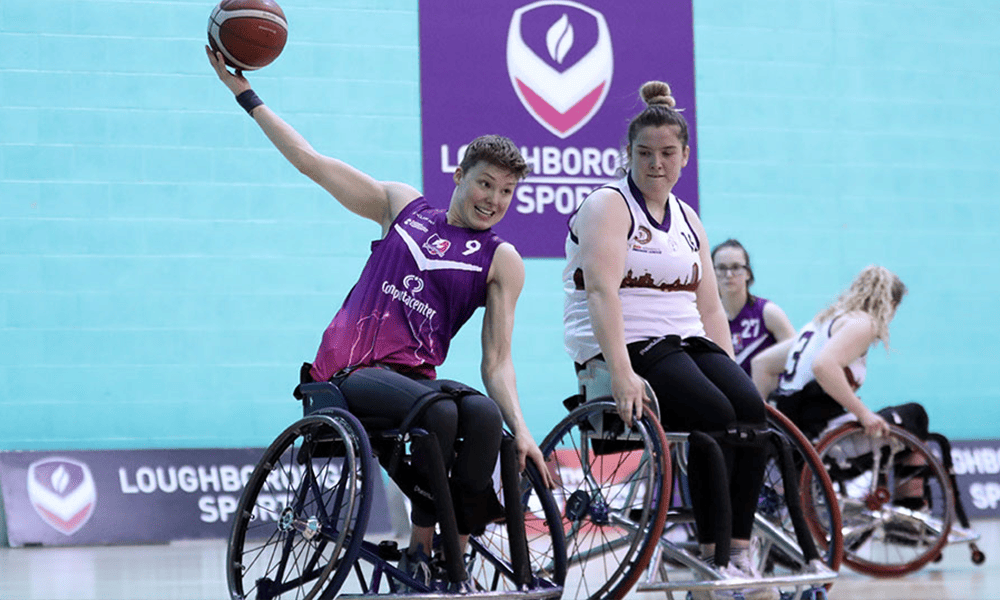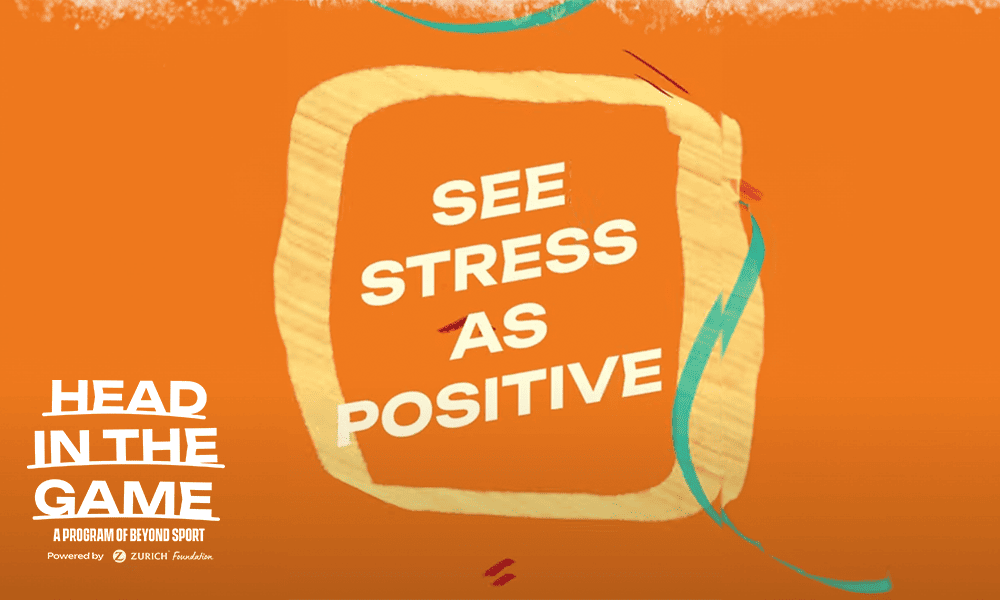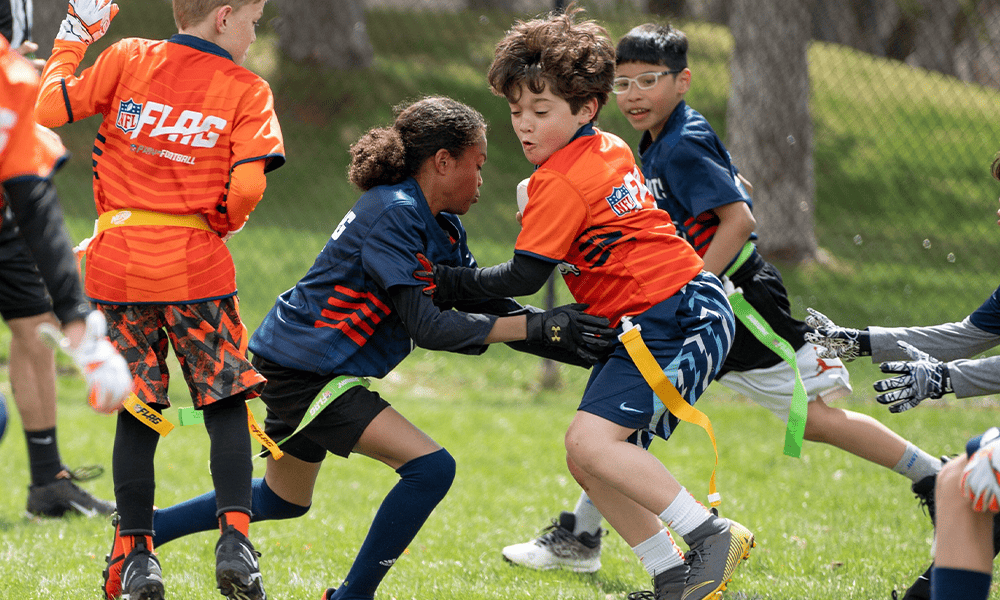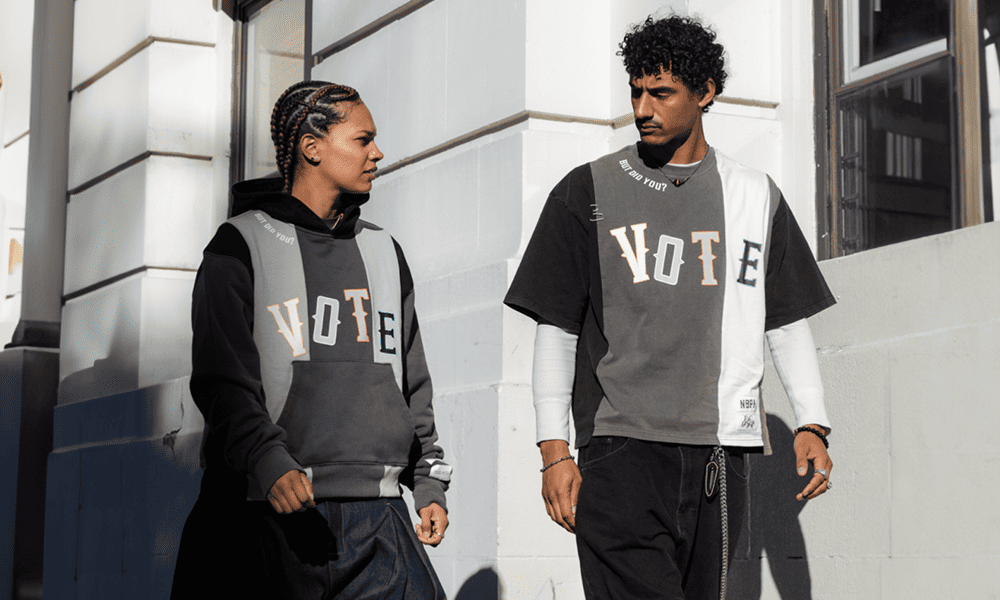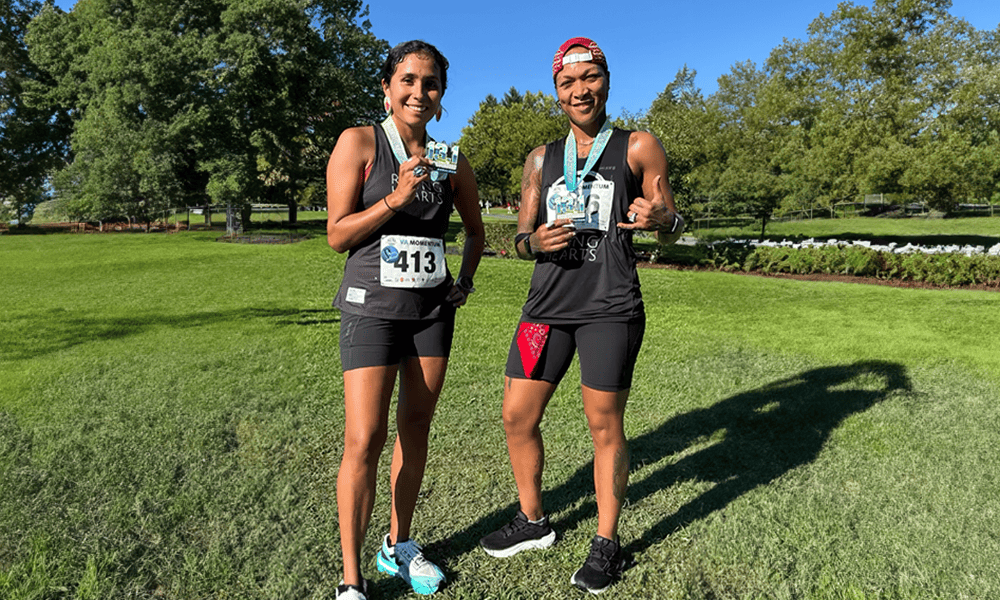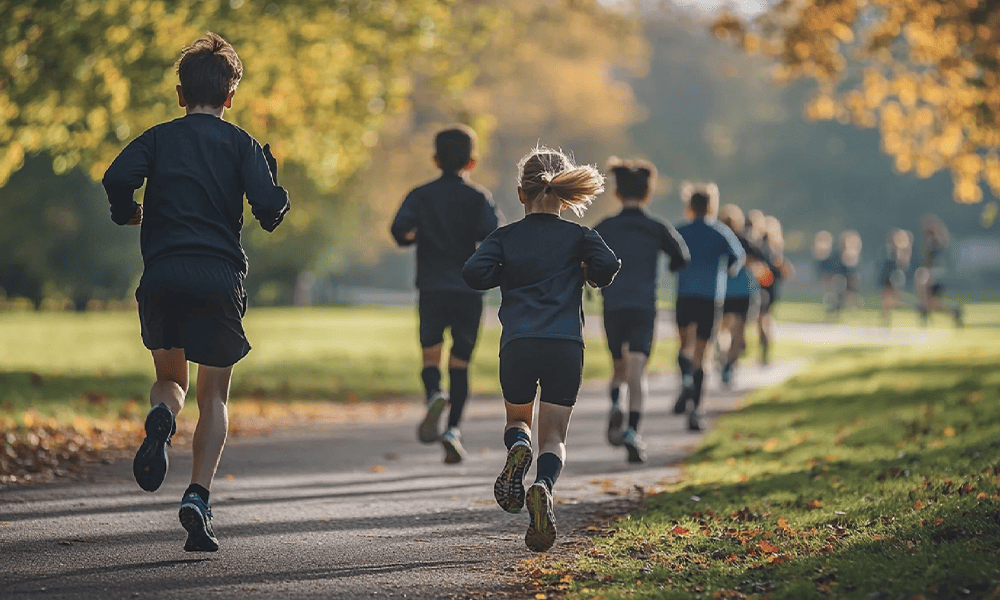May 12, 2023
In recognition of Mental Health Awareness Month in the U.S., we’re highlighting work being done by our partners and network members to improve mental wellbeing through sport. Massachusetts-based nonprofit, Doc Wayne Youth Services, Inc. — a member of our Return to Play Fund Expert Advisory Council — reimagines mental health therapy through the lens of sport to heal and strengthen at-risk youth. With rising national instability and in response to continued gun violence, Doc Wayne Deputy Director Rebekah Roulier, LMHC, shared her thoughts and some tips on helping youth cope with traumatic and violent events.
Although the pandemic has officially ended, its effects persist, especially among young people. In addition to the mounting violence in the country from mass shootings and other crimes, it’s no wonder that there is a youth mental health crisis in the U.S. that continues to intensify.
There have been at least 202 reported shootings this year so far in the states and other countries are also experiencing these tragedies. Not only do these incidents bring death and injury, but the youth and communities that witness them are also severely traumatized. In the country, suicide is now the second leading cause of death for young people aged 5-24 and according to WHO (the World Health Organization), it is the fourth leading cause for youth aged 15-29. In order to curb the youth mental health crisis in the U.S., children must receive the vital care needed to help and heal them.
Talk therapy, also known as psychotherapy per the American Psychiatric Association, is a way to help people with a broad variety of mental health challenges and emotional difficulties. It can support coping with the impact of trauma, medical illness or loss of a loved one, as well as disorders like depression and anxiety. It’s also effective as a preventative skill-building approach.
Effective therapies for kids are those which are engaging and backed by research. Play therapy, sport-based therapy, art and music-based therapies are excellent options for younger children who naturally learn through play and experience the world through their senses.

For tweens and teens, expressive activities such as visual art or poetry are highly effective, as they are sport-based therapies. Sport is an ideal intervention as it can be fun and motivating, fosters openness and trust and enables new life skills and teamwork with the benefits of physical activity. Importantly, these kinds of approaches are instrumental in ensuring kids continue therapy.
When children are exposed to therapy and mental health at a young age, it helps normalize the concept. Adults can use fundamental ways to engage kids when processing the tragedies happening around them and around the world. Among them are:
Engaging An Older Child
- Older youth want agency and a simple “how can I help” is a great way to engage them in conversation
- Brainstorm ways with them to limit/streamline media and social media consumption
- Assist with some action steps; children often feel empowered by learning about advocacy and can contribute through fundraisers or writing letters to decision-makers
- Name for them that they may have feelings of guilt surrounding doing things they love or having fun; acknowledge that it is okay to feel bad for others and enjoy life/take care of themselves
Engaging A Younger Child
- Use simple language, for example, “someone hurt people”
- Limit exposure to media and social media as a way to shield their capacity to make sense of violence they see in the media
- Suggest a few things to do together as a positive distraction – writing, unstructured play, other creative modes of expression
- Stick to a typical routine
ACCESS TIPS TO HELP KIDS WITH MENTAL HEALTH HERE
ACCESS TIPS FOR CAREGIVERS TO HELP KIDS PROCESS GLOBAL TRAGEDIES HERE
Co-founded by Beyond Sport and ESPN, the Return to Play Fund uses sport to center health, wellbeing and systemic solutions to the heart of community recovery across the United States. Doc Wayne is a member of the Fund’s Expert Advisory Council and contributed resources for parents, guardians and youth to promote health and wellbeing.
